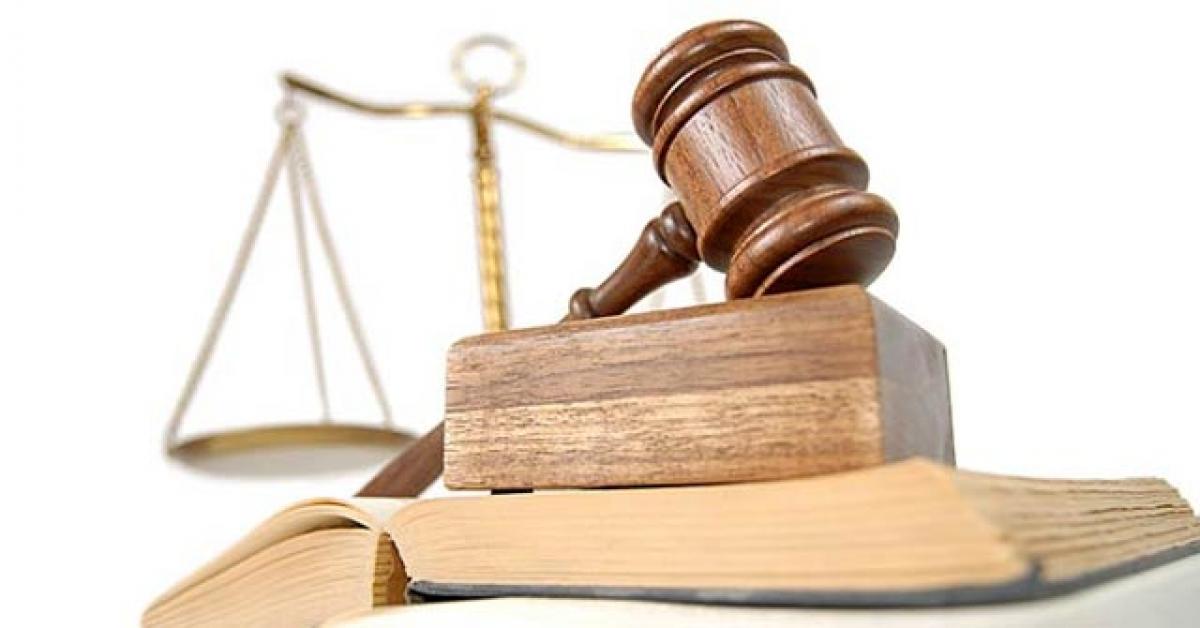Live
- Madurai High Court Denies Anticipatory Bail for Kasturi Shankar in Controversial Remarks Case
- Cong's Pramod Tiwari backs students' protest in Prayagraj; calls demands justified
- Nara Lokesh Addresses DSC Process, says it will be completed by next academic year
- Transgenders to be appointed as traffic volunteers in Hyderabad
- Singham Again Box Office Decline: Ajay Devgn's Cop Drama Faces Tough Competition as Earnings Dip
- Jaya Bachchan Begins Filming for ‘Dil Ka Darwaaza Khol Na Darling’ with Siddhant Chaturvedi and Wamiqa Gabbi
- Telangana Issues Legal Notice to Diljit Dosanjh Ahead His Concert in Hyderabad
- Suriya's Kanguva Opens Strong at Box Office, Despite Mixed Reviews and Piracy Threats
- Delhi's Air Quality Hits "Severe" Levels: Key Updates
- Top diplomats of South Korea, Japan hold talks on sidelines of APEC summit in Peru









